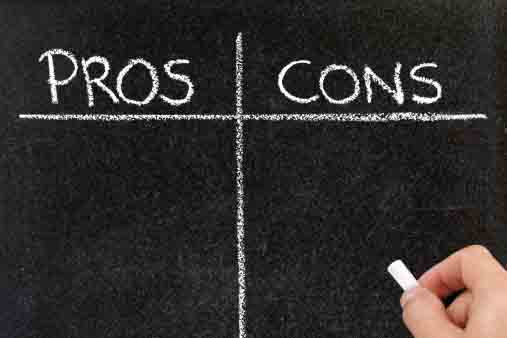 You’ve probably heard of some of the bigger names in franchising. Names like McDonald’s, Dyno Rod, Burger King and Kall Kwik printing. And you’ve probably got an idea what the franchising business model is about.
You’ve probably heard of some of the bigger names in franchising. Names like McDonald’s, Dyno Rod, Burger King and Kall Kwik printing. And you’ve probably got an idea what the franchising business model is about.
Is the franchise business model for you?
Here’s our quick guide to help you decide if franchising could be your ideal way to make money.
What exactly is franchising? A franchise is essentially a business operation that is packaged up and sold to a number of individual entrepreneurs. McDonald’s is a prime example: Many of their outlets are owned by independent entrepreneurs but they all operate in exactly the same way, under the same name and with the same identity.
What’s involved with franchising? Typically you pay a fee for the right to operate the business using the franchisor’s business model. You get the right to use the trading name, corporate identity, operating methods, marketing methods etc. And you get to benefit from the franchise’s well known trading name and (hopefully) good reputation.
Essentially, you still own the business but you become part of an existing and hopefully well established and successful franchise business model.
Of course, as with any other kind of opportunity there are pros and cons. So let’s take a closer look.
First of all the pros of franchising:
- You get to benefit from what should be a successful, proven business model.
- As the business name should already be known to consumers it is (or at least should be) easier to get things up and running.
- You will have a ready made business plan to follow.
- You should get management support from the franchisor. (Often, there’s a franchise handbook to follow too.)
- Franchised businesses generally have a higher success rate than non-franchised businesses.
But there are also a few cons you need to be aware of when considering a franchise:
- There’s a franchise fee to pay up front. You’ll probably also be expected to have a minimum investment for stock, equipment and so on too. The big franchises can cost hundreds of thousands of pounds.
- There’s usually a regular franchising fee to pay, e.g. 10% of your annual turnover.
- You’re usually tied to a contract for, say, 5, 10 or 20 years.
- You might have to buy all your stock from the franchisor, at whatever price they dictate.
- Not all franchises are proven. And if the franchisor fails your business could fail.
- It’s essential to check out the franchisor’s track record carefully. How many existing franchises do they have? Are they successful and profitable? Are their existing franchisees happy?
- You don’t have a totally free hand to run the business. What you can sell/how you can sell it/the price you can charge is usually dictated by the franchisor. (In some ways it’s similar to working for a boss in that you have to do what you’re told… except that you have to pay for the privilege of doing it!)
Franchising can often be a shortcut into a successful, proven business. But whether franchising is right for you will depend on your individual circumstances. Be sure to weigh up all the pros and cons. Think about whether an independent business would suit you better… there are lots of ideas to consider on What Biz Opp.

